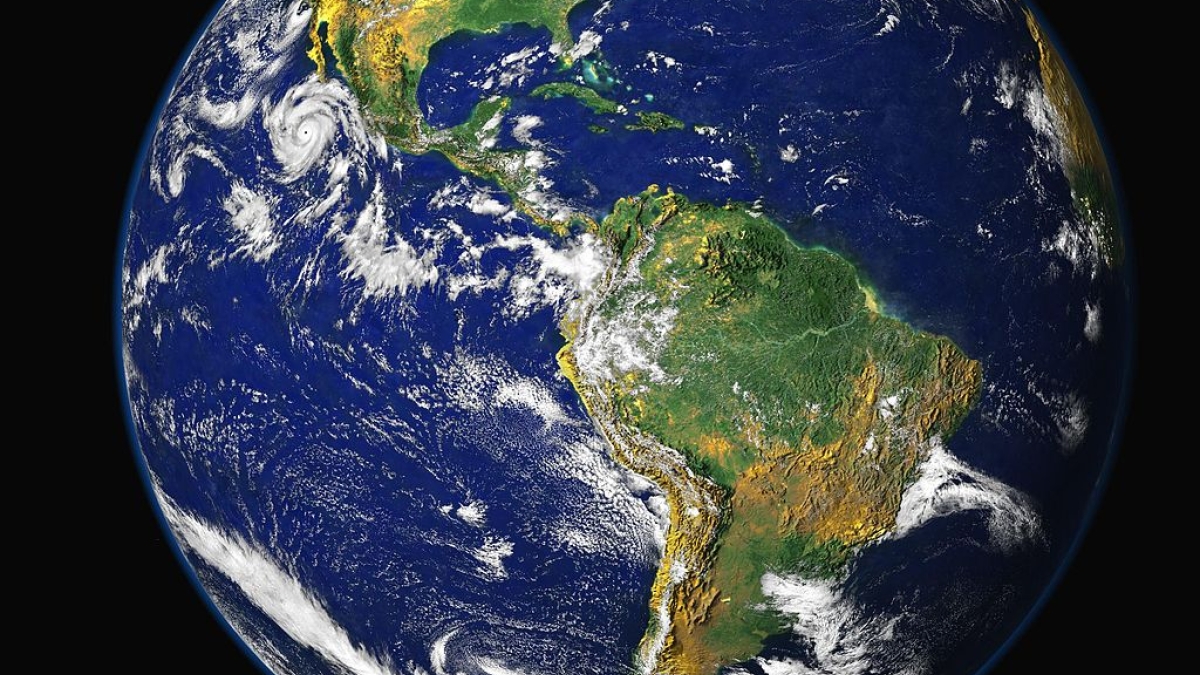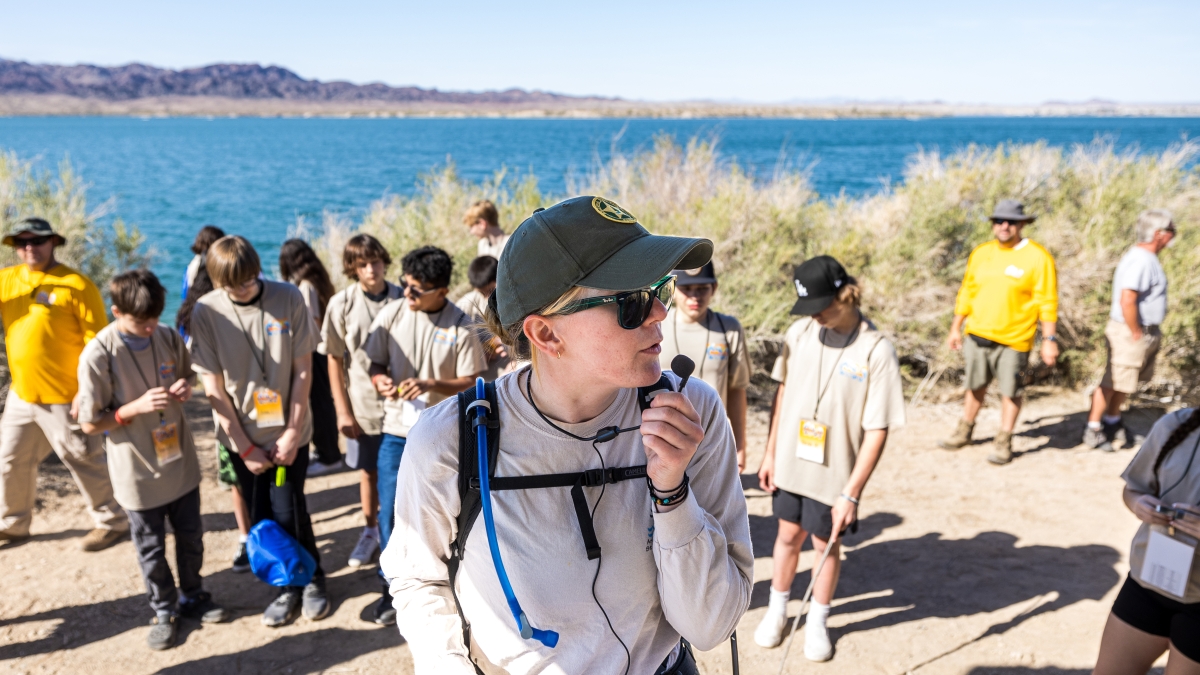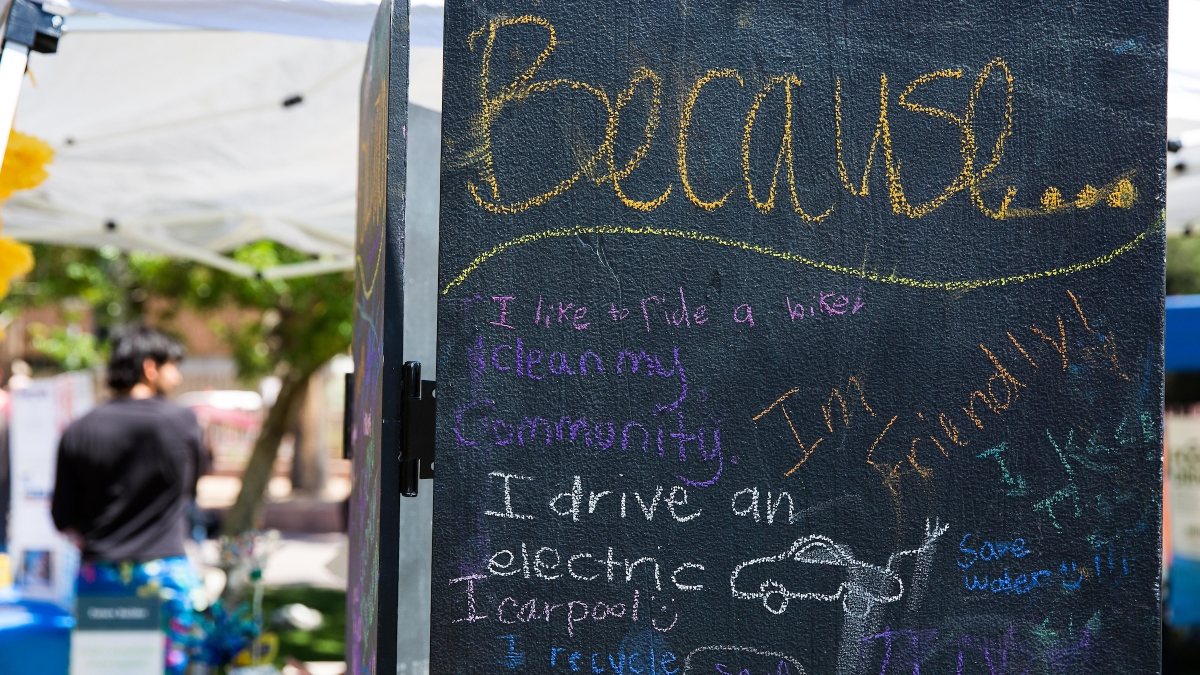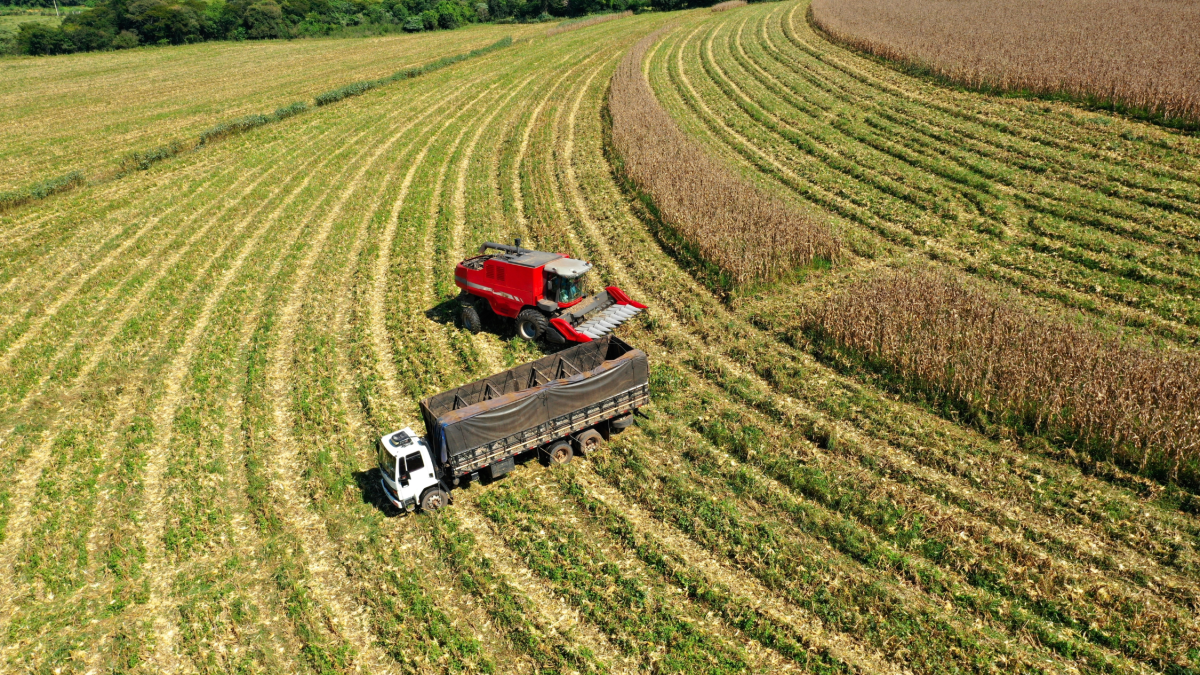The road to Paris: 9 things you can do to influence the UN climate talks
A climate-change advocate visits ASU to talk about what interested observers can do to contribute to global conference

In December, thousands of delegates from 196 countries will meet in Paris for the United Nations Climate Change Conference.
As evidence grows of glaciers and ice caps melting, oceans warming and sea levels rising, current commitments to greenhouse-gas emissions are slated to expire in 2020. The goal of the summit is to produce an agreement that will last for a decade beyond that, hopefully longer.
Previous climate summits have failed, for a variety of reasons. Though it may seem fruitless to hope to affect the outcome of a global summit from thousands of miles away, at least one person disagrees. A climate-change advocate who has attended every international summit since 2012 visited Arizona State University on Thursday morning to talk about what interested observers can do to contribute.
Natalie Lucas is executive director of Care About Climate, an organization that works on climate education, mitigation and adaptation projects around the world. She will be attending the negotiations in Paris from Nov. 30 through Dec. 11.
The Paris talks are expected to end in a universal and legally binding agreement — not a treaty — for all major countries that produce the most greenhouse gases.
Lucas discussed nine things you can do to influence the summit.
1) Get your city, campus, business or community to commit support, whether in the form of a statement or by acting in some of the ways described below. Convincing your mayor to send a letter to the State Department can be a coup.
2) Talk about it. Be vocal on social media, talk about it with friends and family, let people know this is an important issue. “Write to your local newspaper,” Lucas said. “The work we do here is most important.”
3) Write to the State Department. Share stories about how climate change affects you. “They respond more to stories because they hear facts and figures all the time,” Lucas said. “Tell them about the awful storms we get here.”
4) Talk to your congressional representatives, even if they are climate-change doubters. Though they might not act on your suggestions, a significant volume of people speaking up sends a signal to them. “Let them know people out there care about this, and that they’ll eventually be voted out of office if they don’t act,” Lucas said.
5) March. On Nov. 29, a global march is scheduled to send a visible signal of concern.
6) A climate strike is scheduled for Nov. 30. Skipping classes or work isn’t always a great idea; Lucas said spending an afternoon volunteering for a local group like the Citizens’ Climate Lobby might be a more viable option.
7) March again. A second global march is slated for the day after the summit.
8) Vote in next year’s presidential election. “Put someone in the White House who cares about these things,” Lucas said.
9) Join groups such as the Sierra Club or the Citizens’ Climate Lobby. Next year the states will develop plans under President Barack Obama’s Clean Power Plan. Groups like those will play a role in influencing lawmakers.
Lucas' talk was sponsored by ASU's Julie Ann Wrigley Global Institute of Sustainability.
More Environment and sustainability

Colorado River becomes an outdoor classroom for these middle school students
Griffin Freburg doesn’t usually look forward to science class. But on a sunny day in March, the eighth grader changed his tune. Concepts that were usually explained in long paragraphs in a textbook…

Earth Day celebrations focus on making our planet a priority
On April 22, Earth Day is celebrated across the country and in nearly 193 countries around the world. Arizona State University will be part of that celebration. The university has planned more…

ASU scientist studies how bans, regulations on food technology affect consumer acceptance, perceptions
How do people process scientific developments with outside influences, warnings, biases and others’ opinions filtering in? That’s the question Caitlin Drummond Otten, environmental social scientist…